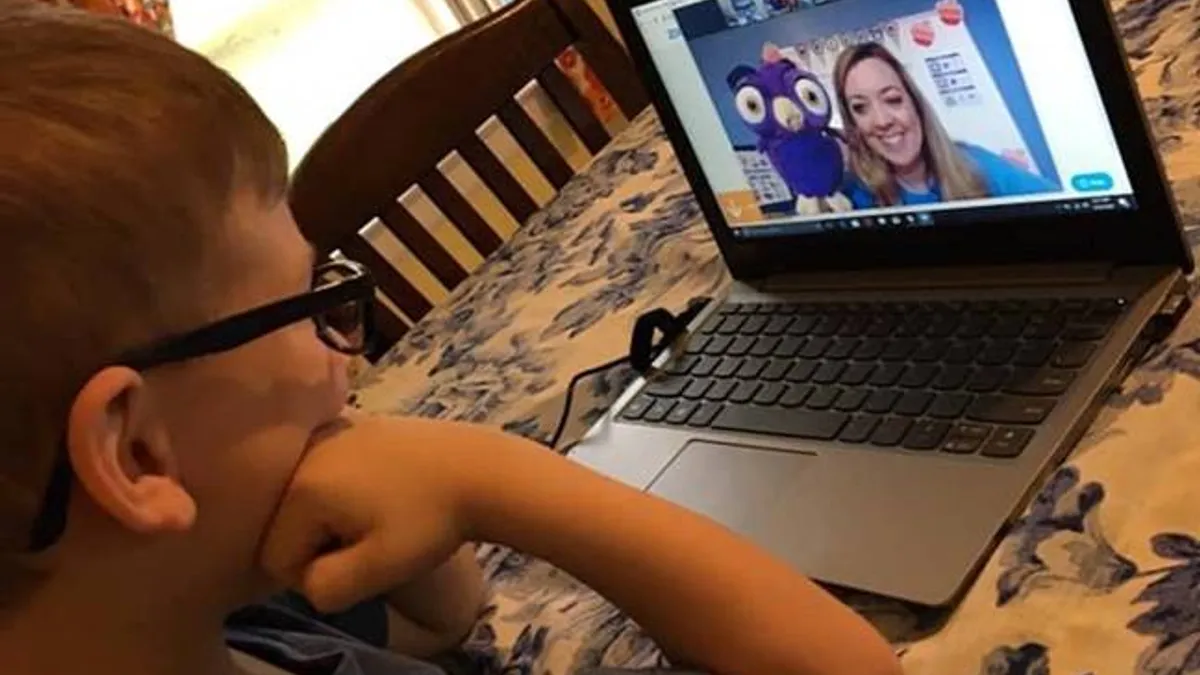Dive Brief:
- Distance learning creates an even greater imperative for education leaders and policymakers to take action around protecting student data privacy, according to a report from the Center for Democracy and Technology in which almost half of teachers surveyed say they received no substantial training to protect data privacy. Only four in 10 parents reported that schools discussed their data protection practices.
- The report recommends prioritizing privacy-focused teacher training and communicating with parents how their children’s data is being protected. Schools are providing devices to students at twice the rate they did before pandemic-induced school closures, jumping from 43% to 86%.
- School leaders can also close the digital divide and reduce inequity by adopting the practices of special educators, who the report indicates have outperformed their peers in this area. These educators reported more familiarity with — and greater concern for — student data privacy, with a majority saying their schools have improved policies on protecting student data and information.
Dive Insight:
In the education system's massive distance learning shift due to the coronavirus pandemic, the details of issues like student privacy can be easy to overlook. But with most students and educators using devices to access learning (and school networks) from home, the risk for a data breach is higher. EdTech Strategies Founder and President Doug Levin has suggested devices used at home, whether school-issued or otherwise, may not be as well protected and could contribute to data breaches.
Compounding the problem is the fact many schools lack a chief privacy officer whose job is to protect student data and enact privacy policies. Denver Public Schools, for example, has an administrative position that keeps the district in compliance with the Family Educational Rights and Privacy Act, the Children's Online Privacy Protection Act and the Children's Internet Protection Act laws, in addition to tracking student privacy legislation.
In June, the FBI released a security alert warning schools that hackers are likely to increase ransomware attacks during the pandemic. Schools are an “opportunistic target,” due to the distance learning model. According to the FBI, 1,233 schools were potentially targeted in 2019, and 422 were targeted in the first quarter of 2020.
The Future of Privacy Forum and the National Center for Learning Disabilities partnered earlier this year to create a downloadable resource designed to help educators to protect the privacy of students with disabilities during distance learning. A number of the topics covered can extend beyond just special education classrooms, however, and include how to know if a platform complies with privacy laws, whether family members and parents can be in the room during live classes, whether classes can be recorded for later viewing, and whether services can be delivered through video conferencing.













